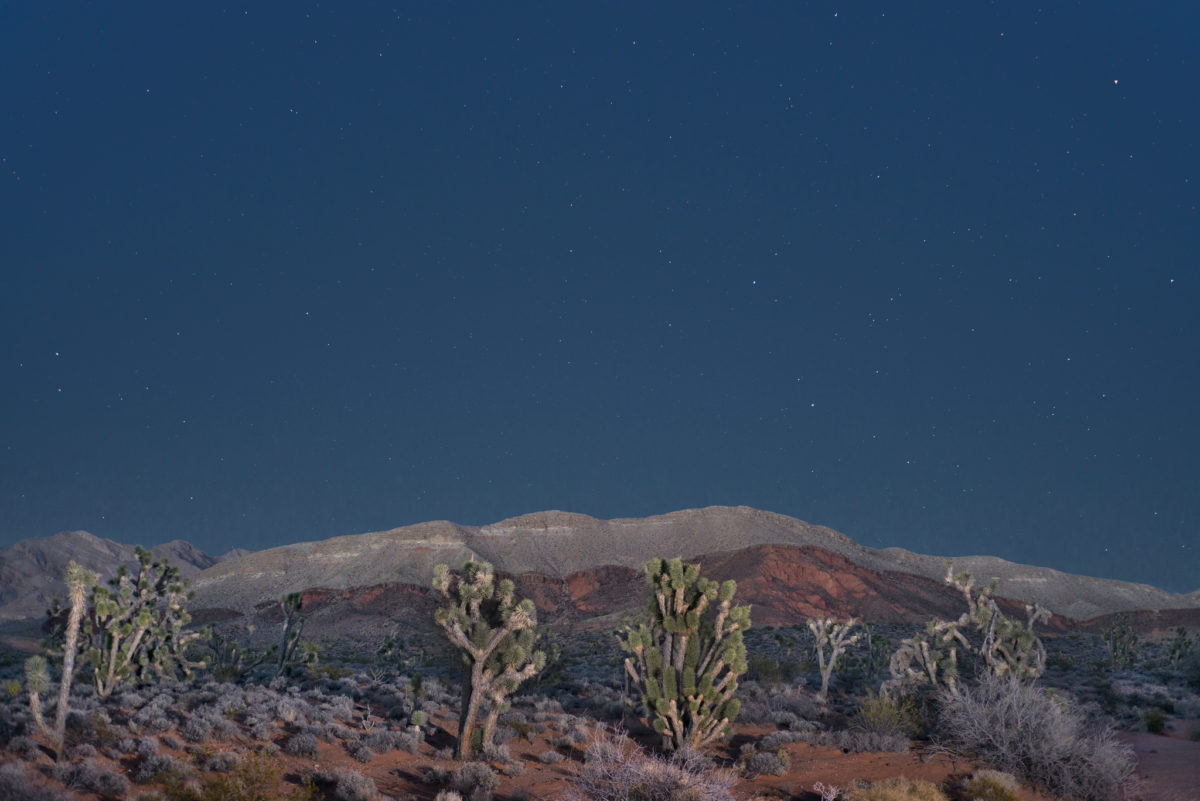“A voice of one crying out in the wilderness…”
That, Dear Working Preachers, is what preaching is all about these days. If Matthew held us accountable to preaching and teaching and living the Beatitudes, then Mark will ask for our dedication to de-centered proclamation. Our Gospel companion this year will pry us out of any kind of preaching that assumes privilege, that sits comfortably in places of power, or that ensconces itself in safe and secure and established spaces of religiosity. We better start getting used to this new sermon setting now.
I suspect we’d like to believe that we have always been voices crying out from the wilderness. After all, there’s a long homiletical history, both biblical and contextual, that much of preaching happens outside acceptable hermeneutical parameters. We like to believe that we read the Bible with the damned, that we are able to situate our interpretive stances so that we see those on the outskirts of society’s norms, that we actively listen to those whose experiences of God do not conform to the so-called status quo. Yes, we would like to believe all of that — but Mark is just the Gospel we need to ask ourselves if our beliefs match our past and present realities.
And Mark is just the Gospel we need to reaffirm that the wilderness is where we preachers belong. If you do not see yourself as this voice, the voice that is willing to stand outside the centers of power and prestige, the centers of authority and dominance, the centers of perceived supremacy, you are likely not preaching the fullness of the Gospel. This is John the Baptist’s challenge. This is Mark’s challenge. So, we better get used to preaching from the margins.
We tell ourselves that wilderness preaching is what we do because we know, in theory, that is exactly where God’ s people are — crying out from the margins where racism, oppression, and discrimination have excommunicated them. Crying out from behind the borders where profiling and bigotry have ejected them. Crying out from the confines of silence where sexual harassment and sexual violence have expelled them.
We know, in theory, that the desert is where divinity shows up. But we know even more, by experience, that it’s a lonely place to be. We know, deeply, that it is also the place where we will likely utter Jesus’ own words, “My God, my God, why have you forsaken me?” We know, fearfully, that the wilderness is also the place where abandonment takes root in our hearts and isolation takes over our souls. No wonder we have to convince ourselves that, “Every valley shall be lifted up, and every mountain and hill be made low; the uneven ground shall become level, and the rough places a plain” (Isaiah 40:4) hopefully without our help.
There is no easing into Mark, as much as we desperately wish we could. Matthew has been hard on us, and rightly so. It would be nice to have a bit of a breather, to have a break, albeit brief, to regroup from the demands of Gospel preaching. But, no, says Mark. No genealogies. No birth stories. No cosmic hymn to celebrate the preexistent word. No. Just the wilderness, outside of all comfort and norms, outside of regulations and restrictions, outside where the anathematized long to be heard.
In a world where Christianity is constantly manipulated to perpetuate a view that God’s pleasure is found in prosperity and the super-rich; in a world where Christianity is consistently exploited to support child sexual predators as lawmakers; in a world where Christianity is continuously used to justify treason and duplicity, the wilderness is from where we must preach, more than ever.
If you are not uncomfortable with where Mark begins, if you are not frantically searching for some secure footing on which to set your Christmas Christology and theology, if you are not scrambling to get Jesus back to Galilee where the “real ministry” happens, then you may have missed Mark’s Advent altogether.
The wilderness is a critical context for Advent, after all. As soon as we find ourselves comfortable in an Advent that simply sits around in anticipation and waiting, that comfort will quickly turn into complacency. As soon as we treat Advent as nothing other than looking forward to and toward the big event of Jesus’ birth, we have bypassed the wilderness for the sake of easing our own consciences and placating our constituencies. As soon as our waiting turns into idleness, we have to admit that we are neither willing to risk rejection nor are we willing to be labeled a “John the Baptist.” Elijah figures are rarely popular in today’s world.
And as much as we want to contain and control Advent — as if we can — Mark reminds us that our liturgical and ecclesial constraints will never comply with the complexities of an incarnated God. That, Dear Working Preachers, is really, really good news.
Karoline

